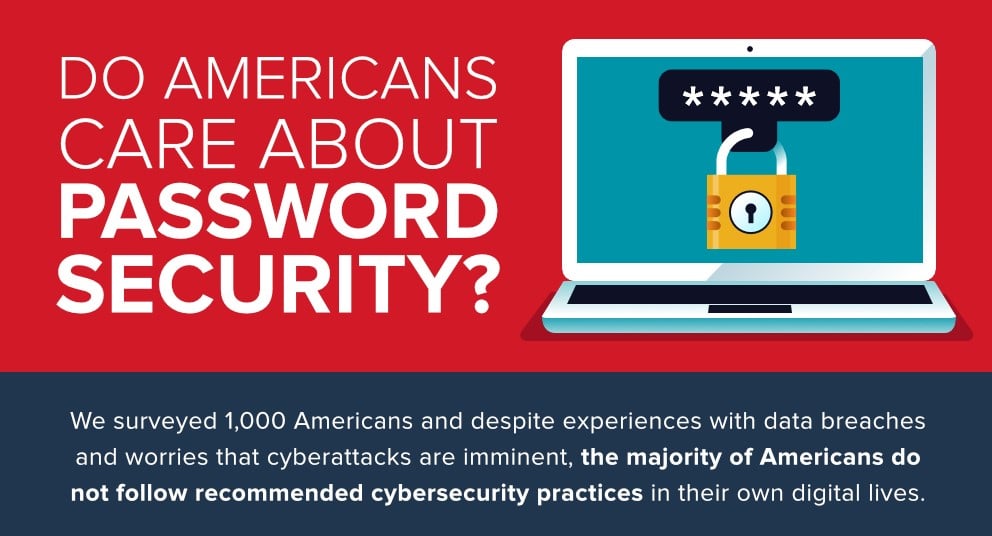Cyber crime is on the rise — and it’s not just affecting corporations, but individuals as well. While the majority of Americans may have felt removed from internet crime a decade ago, in recent years there’s been an uptick in cyber attacks that have directly affected individuals.
Check out our H2 hedge fund letters here.
In 2017, the Equifax breach put the data of 145.5 million Americans at risk. Other security breaches, like the Gmail phishing attack and the Instagram hack, put the personal information of Americans at risk through platforms they use every day. Additionally, Yahoo’s recent announcement that a breach in 2013 affected all 3 billion of its users accounts showed us the real scope and possibility of cyber attacks. In fact, according to the Pew Research Center, 64 percent of Americans have experienced some type of major data breach.
As a result, Americans are becoming more aware and more concerned about the possibility of cyber attacks. According to the Pew Research Center’s study on Americans and cybersecurity, most Americans believe that cyber attacks will be a “fact of life” in the future. Additionally, the center found that the majority of Americans have lost trust in institutions, specifically the federal government and social media sites, to protect their personal information.
So, has the recent uptick in attacks, belief in imminent threats and loss of trust in institutions changed the way we view cybersecurity in our daily lives? Surprisingly, recent research from Varonis found that despite these influences, Americans are actually failing to follow cybersecurity best practices in their daily lives, especially with regard to one of the most basic aspects of security: their passwords.
Varonis surveyed 1,000 Americans to uncover their password security habits and feelings toward cybersecurity in their everyday digital lives. In all, the study concluded that there is a major discrepancy between the experiences of Americans and how they treat security in their digital lives. Despite real-life run-ins with cyber crime, the majority of Americans are too lax in their online security practices. For example, according to the study, 17 percent of people never change their passwords.
Other key takeaways from the study include:
- More than half of Americans surveyed — 51 percent — only change their passwords when they forget them
- Despite the increasing number of hacks in the news cycle, only 1 in 5 Americans say they change their password as a result of hearing about a hack
- At 29 percent, the most common password Americans change is for banking or loans accounts
- 57 percent of people remember their passwords through memorization, despite the fact that strong passwords should be complex and change from account to account
- Additionally, 11 percent of people keep track of their passwords through pen and paper, although security experts recommend never leaving your password in plain text
- While password management software is the most recommended method of login tracking, only 7 percent of people use this method to keep track of their passwords
To learn more about password security habits of Americans, check out the infographic below.
Infographic source: Varonis.com







